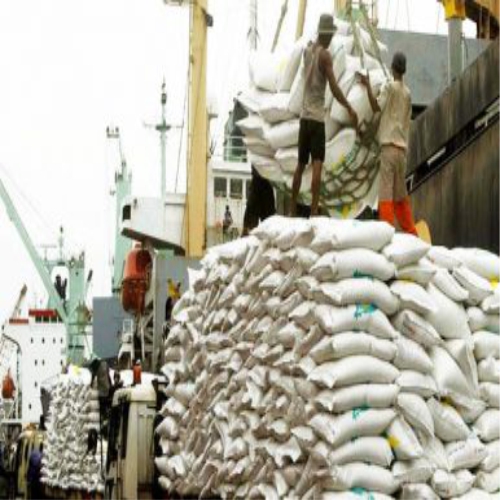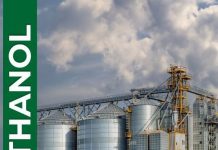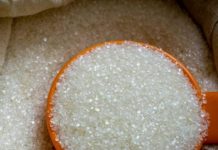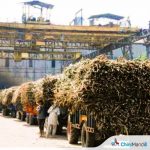In a meeting at the Government House in Lafia, Nasarawa State Governor, Abdullahi Sule, stated that Nigeria currently consumes between 1.4 to 1.6 million metric tonnes of sugar annually, with 96 per cent of this being imported as raw sugar from Brazil. He stated that this imported sugar is refined locally at three major refineries owned by Dangote, BUA, and Golden Penny, reports THISDAY.
He said, “Today, Nigeria consumes roughly about 1.4 to 1.6 metric tons of sugar. This quantity of sugar, about 96 percent is imported as raw sugar from Brazil and refined at our three refineries that we have owned by Dangote, BUA and Golden Penny.”
Governor Sule emphasized the significant impact that local sugarcane production could have on the country’s economy. “If Nigeria were to fully develop the sugarcane value chain domestically to meet the demand for 1.6 million metric tonnes of sugar, it could create employment for at least 500,000 people,” he stated.
He urged for the inclusion of sugarcane in the value chain initiative of the IFAD/FG Value Chain Development Programme (VCDP), suggesting that this move could drastically reduce the reliance on sugar imports from Brazil. Citing Kenya as a successful example, Governor Sule argued that Nigeria could achieve similar success by encouraging small farmers to grow sugarcane for processing at the country’s refineries.
“The big companies are making efforts with their out-growers schemes, but these efforts are still minimal,” Governor Sule noted. “We have the refineries here, and by developing the complete value chain, we could easily employ half a million people on those farms.”
The Country Director of the International Fund for Agricultural Development (IFAD), Mrs. Dede Ekoue, who led the delegation, expressed appreciation for Governor Sule’s support, particularly his prompt payment of counterpart funds for the programme.
“We’ve seen more than 4,300 farmers benefit from the programme, not just in producing raw products but also in processing them,” Mrs Ekoue said. “We’ve also been impressed by the initiative where women are turning waste from rice production into briquettes, which is a significant step towards sustainable agriculture.”












